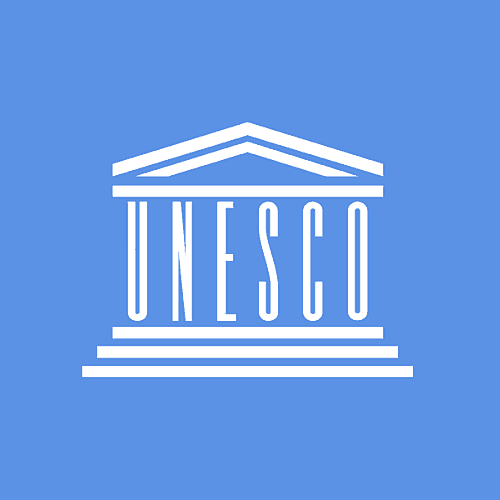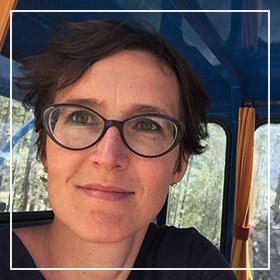Destroyed under global media coverage, exalted as identity symbol, traded and purchased, heritage is taking on a growing and controversial role in the making of social and political subjects in the global era. This is there for all to see but we rarely know how the heritage machine actually works.
UNESCO frictions explores cultural heritage policies in the era of global governance, focusing on their most recent and debated domain, that of Intangible Cultural Heritage (ICH), and on its controversial key development, namely, the “participation” of “communities” in heritage identification and selection.
In tracing the social life of the UNESCO Convention for the Safeguarding of the Intangible Cultural Heritage from diplomatic discussions in UNESCO boardrooms to the implementation of local heritage projects, we investigate the entire policy chain that links the international arena where standards are negotiated, national heritage institutions where they are domesticated, and local heritage programs where they are implemented in three case-study countries (Greece, Brazil, and China), chosen on the grounds of the diversity of their national heritage regimes.
 An ethnographic exploration of complex world governance sheds light on the interactions of particular actor networks in observable situations across multiple scales, thus allowing our analysis to go beyond the simplistic opposition between “global norm” and “local reactions”. In order to follow the successive translations of an international standard, the project focuses on the scenes of the encounter between different heritage regimes and explores the controversies arising from these regimes’ interpretations of the participatory shift introduced by the UNESCO convention.
An ethnographic exploration of complex world governance sheds light on the interactions of particular actor networks in observable situations across multiple scales, thus allowing our analysis to go beyond the simplistic opposition between “global norm” and “local reactions”. In order to follow the successive translations of an international standard, the project focuses on the scenes of the encounter between different heritage regimes and explores the controversies arising from these regimes’ interpretations of the participatory shift introduced by the UNESCO convention.
As anthropological expertise overlaps with the field of ICH, we access these contact zones by engaging with ICH policy implementation as actors in the process we are observing. This combination of multi-scale and comparative enquiry with collaborative ethnography aims at introducing new developments in fieldwork design and ethnographic practice. A reflexive analysis of the radical complicity between researchers and research subjects interrogates the theory/practice gap in heritage and beyond it, as it ultimately addresses the role of the anthropologist in society.
UNESCO frictions is generously funded by the Agence Nationale de la Recherche by way of a @RAction grant, hosted by the École des hautes études en sciences sociales (EHESS) and based at the Institut interdisciplinaire d’anthropologie du contemporain (IIAC) in Paris.

We are organising exciting events for the next few years. The first one was a workshop on ‘collaborative dilemmas’ (12-13 April 2016). Read more about the objectives of the workshop tomorrow at Allegra.
To anticipate some of the dilemmas that are likely to mushroom in the UNESCO frictions project, a group of scholars agreed to share their concerns around the positionality of the researcher in the field of policy-making and implementation during a workshop organised at École des hautes etudes en sciences sociales in collaboration with the EASA network on Anthropology of International Governance.
The excitement, embarrassment or anxiety of being out of the comfort zone of the “hands-off” approach resonates well beyond the circle of anthropologists engaging with UNESCO’s heritage programmes. These feelings are well known by most ethnographers exploring governance issues.
In one way or another, we are all facing collaborative dilemmas when, as academics, we intervene in public action. If you are burdened by big or small dilemmas, please continue reading.
Featured image (public domain) courtesy of Wikimedia Commons





